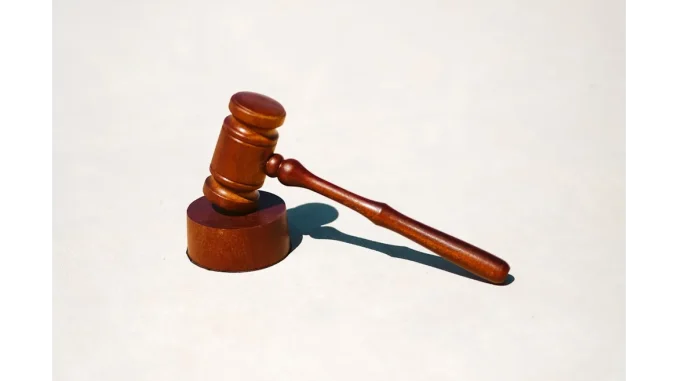
As the United Kingdom gears up for the 2024 general election, the landscape of political activity and public scrutiny intensifies. Central to this period is the concept of ‘purdah’—a term historically rooted in parliamentary tradition, now referred to as the ‘period of sensitivity.’ This phase is crucial for maintaining the impartiality of the civil service and ensuring that official resources are not misused to benefit any political party. This article delves into the rationale behind these restrictions, the specific guidelines imposed, and the implications for government operations and civil servants.
The fundamental purpose of these restrictions is to uphold the impartiality of the civil service and ensure a fair electoral process. By preventing the misuse of public resources for partisan purposes, the period of sensitivity fosters an environment where all political parties can compete on a level playing field. Officially commencing at 00:01 on 25 May 2024—five days before the dissolution of Parliament—the civil service begins to apply these restrictions as soon as an election is called to sustain their impartiality throughout the campaign.
During the general election campaign, the government continues its governance, and ministers remain in office. However, several key restrictions come into effect to maintain the integrity of the electoral process. Firstly, ministers are expected to exercise discretion in initiating new policies or actions of a long-term nature. Such decisions should be deferred until post-election unless they are unavoidable or delaying them would adversely affect the national interest or result in wastage of public funds. Secondly, government communications are curtailed to ensure that they do not compete with the election campaign. Announcements and other communications from public bodies are restricted to prevent any undue influence on the electoral process.
Moreover, the use of government resources is strictly regulated. Civil servants are prohibited from using official resources for party political purposes, ensuring that their actions remain politically neutral. The impartiality of civil servants is paramount; they must avoid any activity that could compromise their neutrality or give rise to perceptions of bias. Special advisers, who are political appointees, face specific restrictions as well. They must resign if they wish to participate in the election campaign unless explicitly permitted by the Prime Minister to continue their governmental duties without engaging in campaign activities.
The basis of these restrictions lies in convention and statutory guidelines. The Prime Minister enforces these norms, determining whether the Ministerial Code has been violated. For civil servants, the guidance is derived from their obligations under the Civil Service Code, reinforced by the Constitutional Reform and Governance Act 2010. Permanent secretaries play a critical role in this context, advising officials within their departments and consulting with the Cabinet Office and the cabinet secretary on complex or contentious issues. Departments are also mandated to keep the Cabinet Office informed of any activities that could raise concerns.
The impact of these restrictions on civil servants and government departments is significant. During the election period, civil servants must adhere to precise guidelines to preserve their impartiality. This includes handling requests for information, briefing ministers, and participating in public or stakeholder events. They must avoid involvement in political controversies and ensure that their actions do not engender perceptions of bias. Government departments and agencies must provide consistent factual information to all candidates, irrespective of party affiliation, and refrain from engaging in party politics. Replies to enquiries must be carefully drafted to avoid any semblance of political controversy, ensuring that departmental resources are utilised appropriately for governmental purposes.
As the 2024 general election approaches, the importance of these restrictions cannot be overstated. They are essential for safeguarding the integrity of the electoral process and ensuring equitable conditions for all political parties. By preventing the misuse of official resources and maintaining the impartiality of the civil service, these guidelines uphold the democratic principles that are the bedrock of the UK’s political system. For government officials and civil servants, understanding and adhering to these restrictions will be crucial in preserving the trust and confidence of the public in the fairness and integrity of the upcoming election.


Be the first to comment